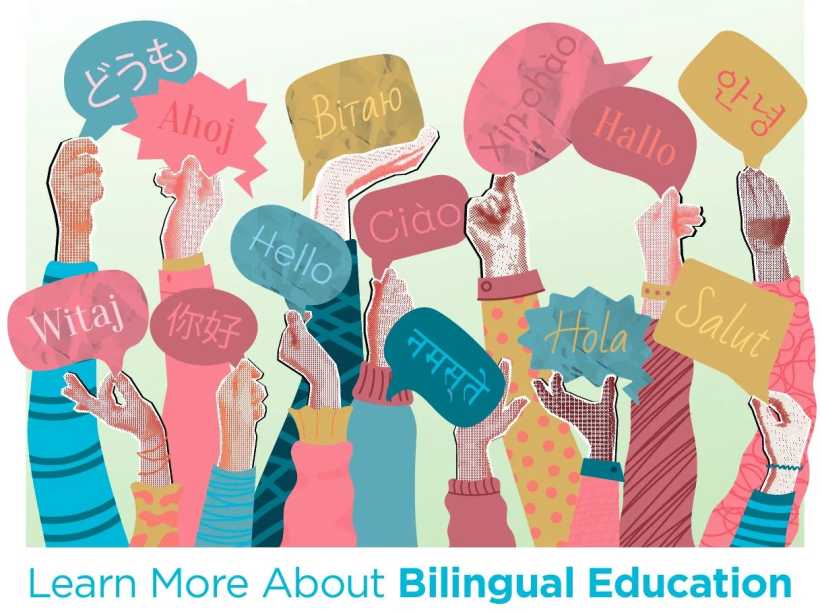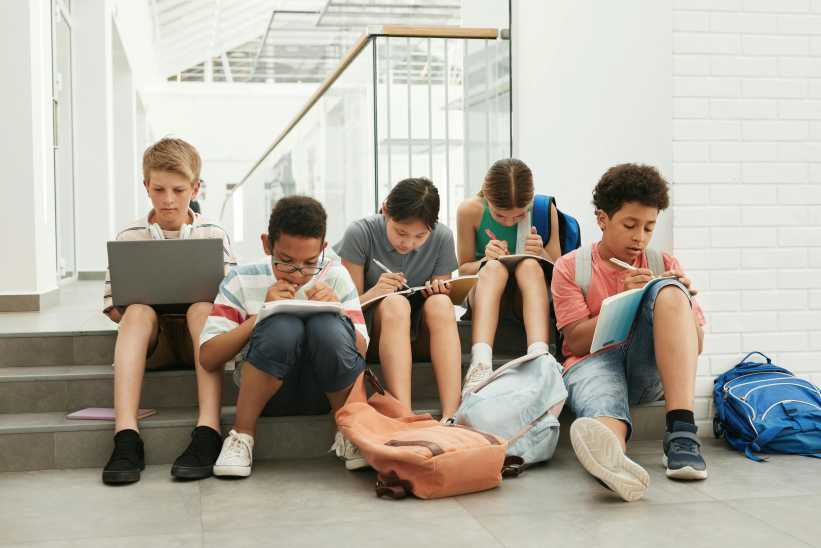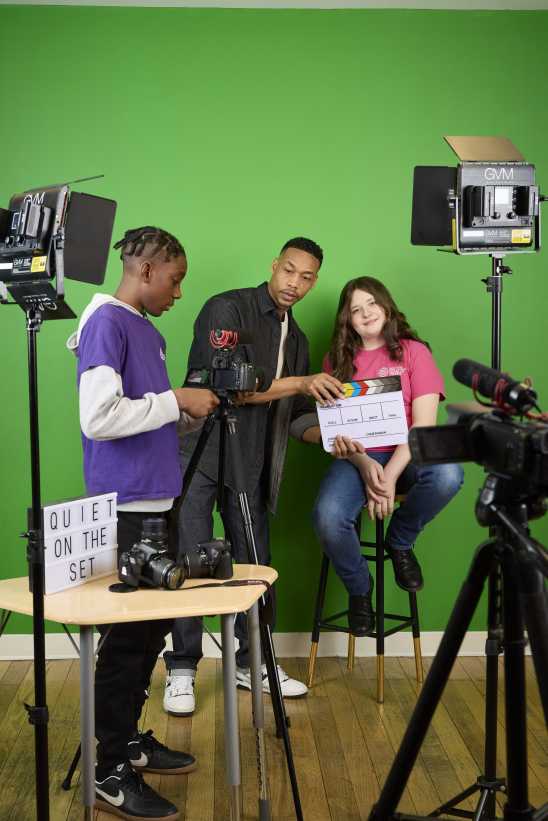
ChatGPT: What It Is and Why it’s Banned in NYC Schools
You may have seen a lot of news recently about ChatGPT and other advanced artificial intelligence (AI) programs that are skyrocketing in popularity. The technology has made waves in recent months and is already receiving its share of criticism.
In fact, since the launch of ChatGPT in November 2022, its usage has been banned in companies like Amazon, Verizon, and JP Morgan, as well as being banned from college campuses and schools around the country, including New York City public schools. This begs the questions, what exactly is ChatGPT? How does it work, and why is it sparking so much debate and discourse?
ChatGPT is the seminal product of OpenAI, an artificial intelligence research lab that was founded in 2015 by Elon Musk and other tech entrepreneurs. It uses AI and algorithms to generate responses to questions and simulate conversation. Its Generative Pre-Trained Transformer (GPT) is taught to understand human language by being fed a huge sample of text and information from the internet. Essentially, the more information that the AI is given, the more accurate and precise it’s able to be in its responses.
This is not new technology- for example, every Google search you make uses AI to predict what you’re going to ask and analyze your searches to direct you to the best results. What makes ChatGPT different from other AIs and chatbots is its accuracy and versatility in mimicking conversation and generating content and knowledge. Instead of merely answering a user’s question, ChatGPT is able to hold real dialogue, ask follow-up questions, argue different premises, and even correct its own mistakes.
Psst…. Check out The 5 Best NYC Coworking Spaces for Moms (and dads!)
Even more incredible is the AI’s ability to produce longform content. With just one detailed prompt, ChatGPT can solve mathematical equations, generate web copy or year-end reports, write film scripts, essays, proposals, and much more. It can serve as a tool to provide a jumping off point for a project, fix grammatical and structural mistakes, or produce a complete and fully fleshed out paper of any length.
This is where complications arise surrounding the use of ChatGPT and other AI systems in school and in the workplace. Because the technology is so advanced and accessible to the public (it’s currently completely free to use), educators and employers alike are worried about the potential for an increase in plagiarized and nonoriginal work.
“While the tool may be able to provide quick and easy answers to questions, it does not build critical-thinking and problem-solving skills, which are essential for academic and lifelong success,” said Jenna Lyle, a spokesperson for the NYC Department of Education.
While this sentiment is shared among many educators, others believe that the system should be incorporated into teaching curriculums rather than banned from it, with some comparing the current panic around the chatbot to the early reaction to Google and the accessibility of information on the internet.
Engineers at OpenAI are aware of the concerns surrounding their product, saying in a statement, “We don’t want ChatGPT to be used for misleading purposes in schools or anywhere else, so we’re already developing mitigations to help anyone identify text generated by that system”. The company also claims that the system is not perfect, and that it may sometimes produce content that is inappropriate, inaccurate, or otherwise harmful, and should therefore never be used for advice or crucial projects.
The future potential and impact of ChatGPT and AI in general is unknown and constantly evolving. As these programs become more advanced and adept at performing human tasks, society will inevitably need to learn to accept and incorporate them into everyday life. While the list of institutions that have banned the usage of ChatGPT continues to grow, it is hard to know how attitudes will change in the coming months and years. For now, much like our AI counterparts, we will have to observe, learn, and adapt to this new era of artificial intelligence.























